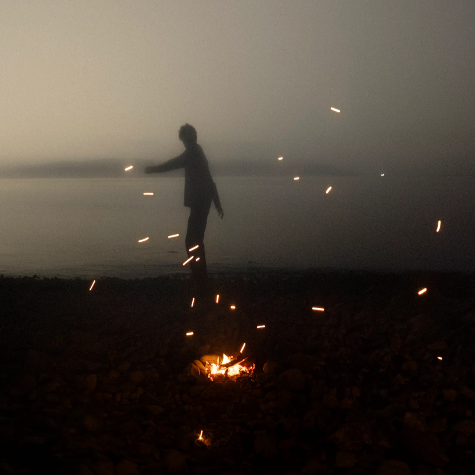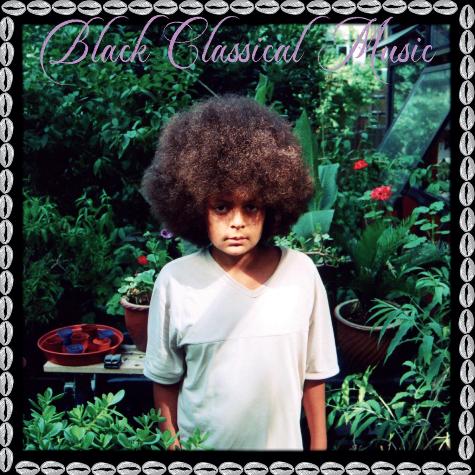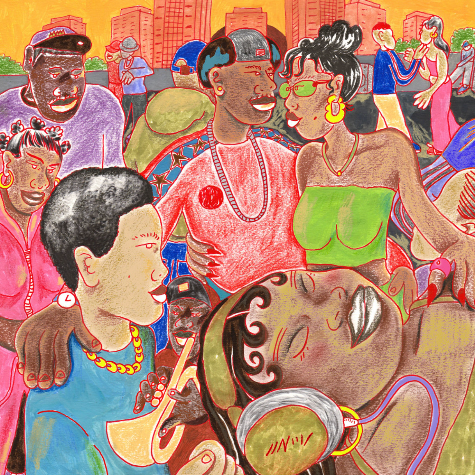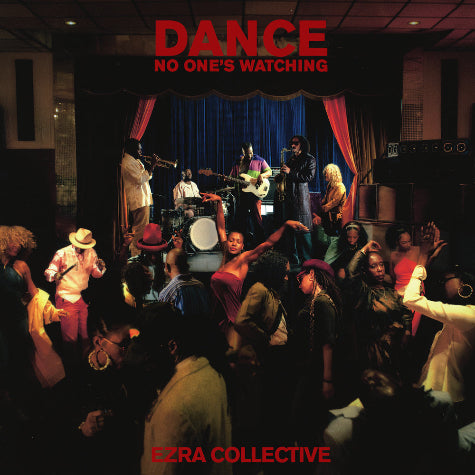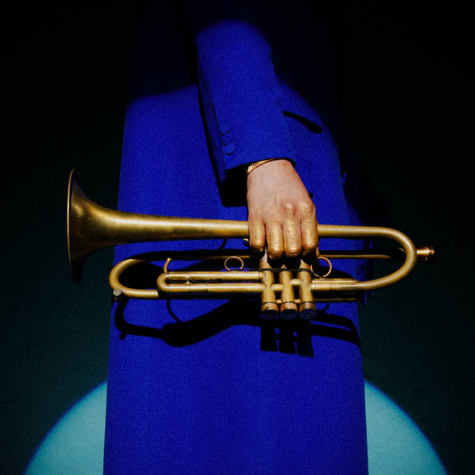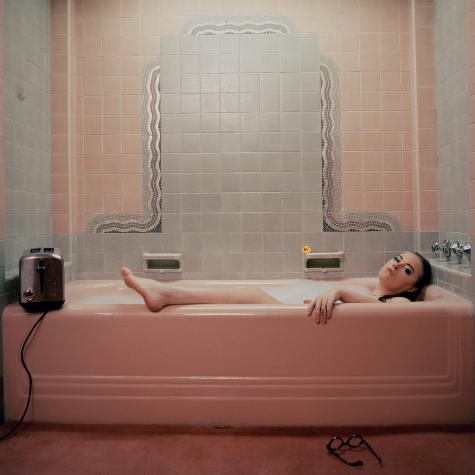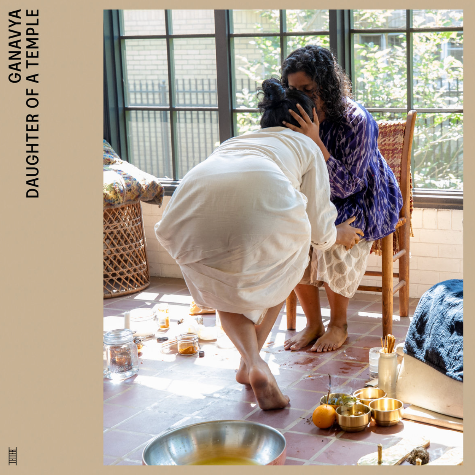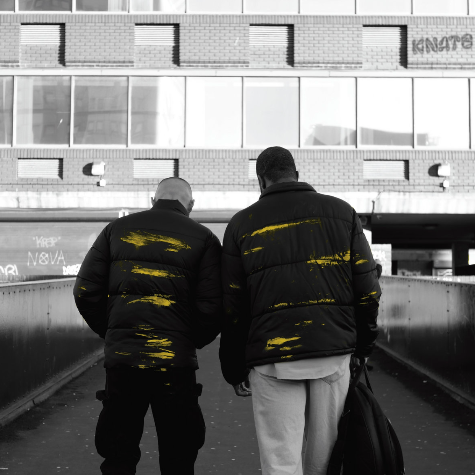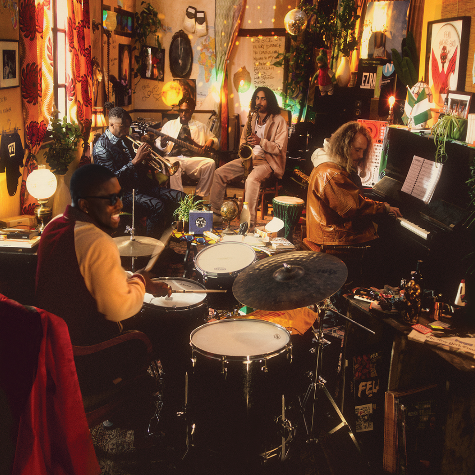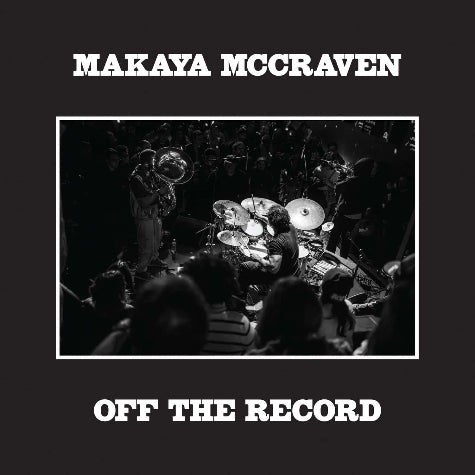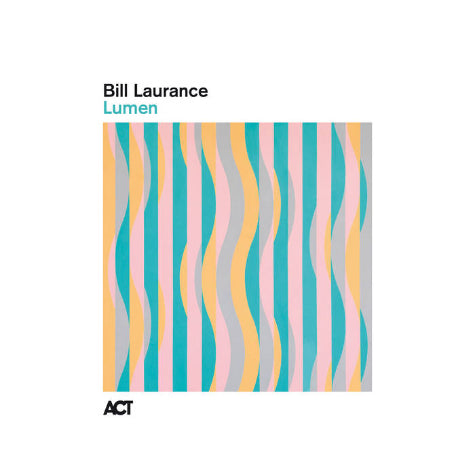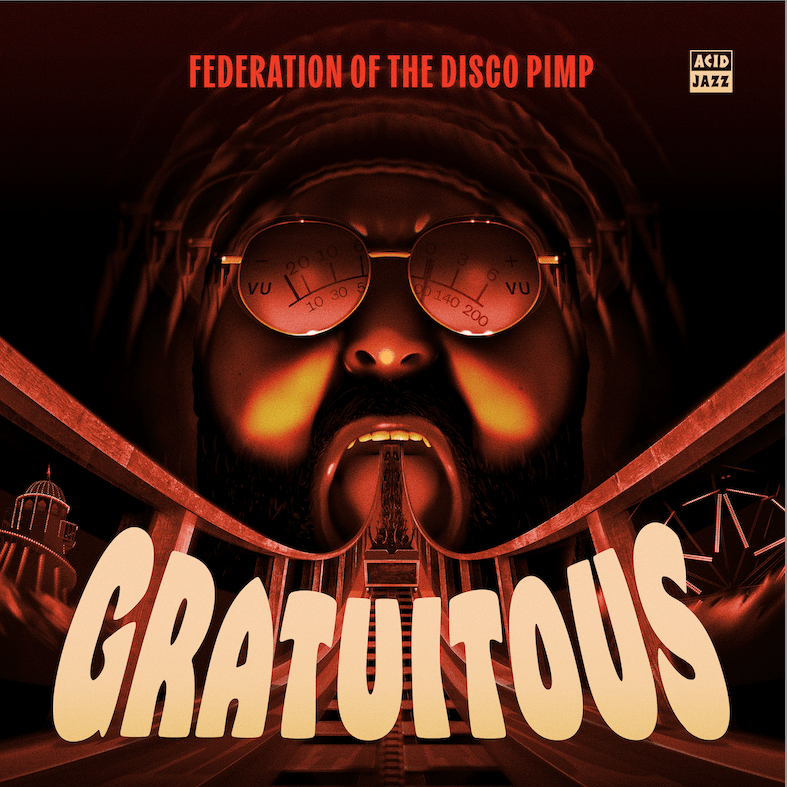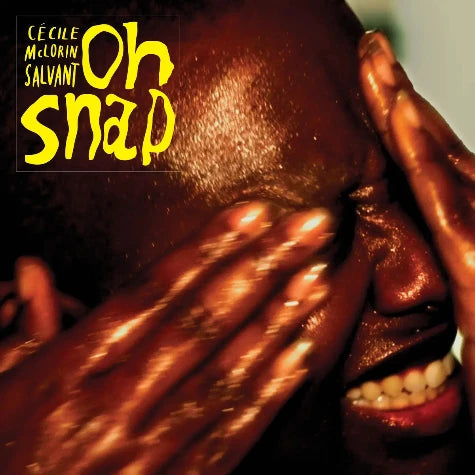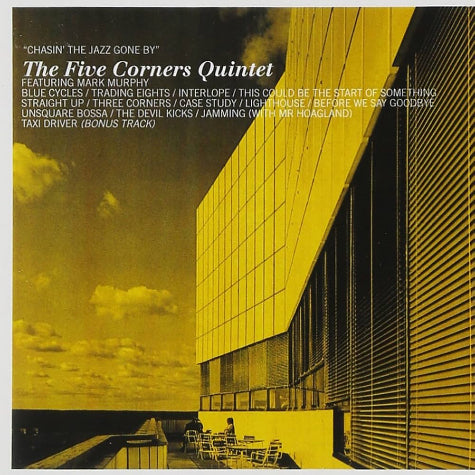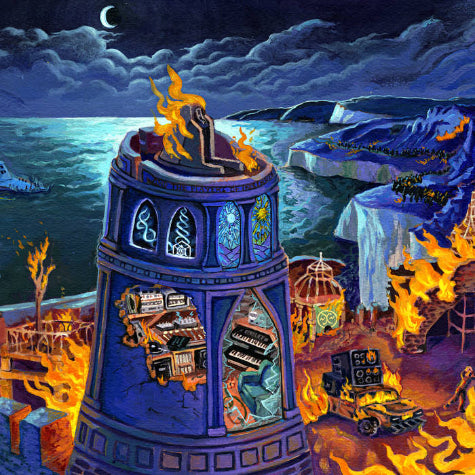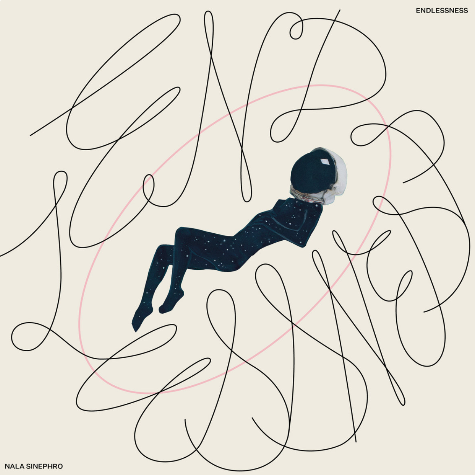Wooden Music I
Free Delivery Over £100 | 30-Day Returns
Couldn't load pickup availability
Pickup available from our .
Usually ready in 1 hour
Description
It would appear that Polish jazz is a well-known subject through and through. Dozens of outstanding albums, biographies of the masters, hundreds of journal articles. As it turns out, it is still possible to find music that has been waiting for years to be discovered. On the 80th birthday of Tomasz Stańko, Astigmatic Records presents the first part of Wooden Music, a conceptual project created by the maestro and his legendary quintet, which has been stored in the archives of Radio Bremen for 50 years.
Tomasz Stańko was an exceptional Polish jazz trumpeter. He passed away in 2018, leaving behind a legacy of numerous releases, soundtracks, concert recordings and wild stories involving him. Before rising to the top, he honed his craft alongside Krzysztof Komeda and Andrzej Trzaskowski. In the mid-1960s, he appeared on Astigmatic and Polish Jazz Vol. 4 – the albums that were a creative manifesto for Polish jazz of those years. However, all this time he was constantly thinking about starting his own band.
In 1968 he completed the line-up – Janusz Stefański on drums, Bronisław Suchanek on double bass, Janusz Muniak on tenor saxophone and Zbigniew Seifert on alto saxophone, which he soon replaced with the violin. Stańko classified the quintet's output into three periods. The first, composed, is associated with Music for K, Stańko's publishing debut as a leader, which became a permanent entry in the canon of Polish jazz records. The second period is wooden music – it's the free jazz period, the least known in the quintet's history despite the fact that it spanned more than three years. The third and final period is linked to the release of the band's final album, the cult Purple Sun. However, the entire period between Music for K and Purple Sun is shrouded in mystery, as the band was mainly in Western Europe at the time. In the early 1970s, all the musicians take one-year visas. In between tours they live in Germany: first in a hippie commune in Wurtzburg, then in Darmstadt. They play in clubs on a day by day basis. The quintet is said to be distinguished from other bands by their ability to completely "burn" in the fire of improvisation. They lead their lives as a single organism, touring without wives or girlfriends. The compositions are blurred, the fascination with free music prevails. Short pieces and motives are the starting point for further performance. The ensemble does not plan, they just play. On 28 May 1972 they play at the Iserlohn jazz festival. JG Records would release this performance as Jazzmessage from Poland. The very music recorded there represents what the quintet called Wooden Music.
Delivery & Returns
Free Delivery on all orders over £100.
On orders below £100, the following delivery costs apply:
- Royal Mail Tracked 24® | £6.50 | 1 to 2 business days
- Royal Mail Tracked 48® | £5.50 | 2 to 3 business days
Returns
We also offer a generous 30-day returns policy in case you change your mind.

Wooden Music I
If you have any questions, you are always welcome to contact us. We'll get back to you as soon as possible, within 24 hours on weekdays.
-
Shipping Information
Use this text to answer questions in as much detail as possible for your customers.
-
Customer Support
Use this text to answer questions in as much detail as possible for your customers.
-
FAQ’s
Use this text to answer questions in as much detail as possible for your customers.
-
Contact Us
Use this text to answer questions in as much detail as possible for your customers.

